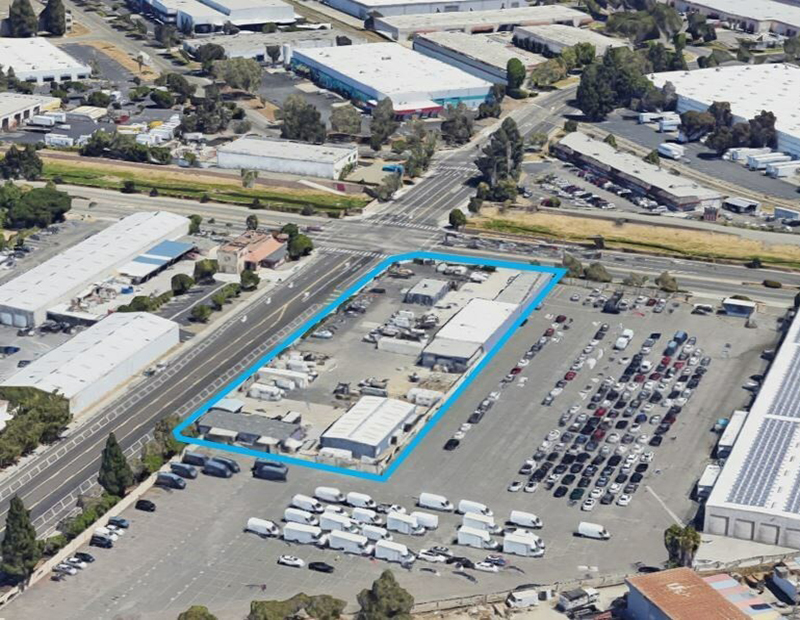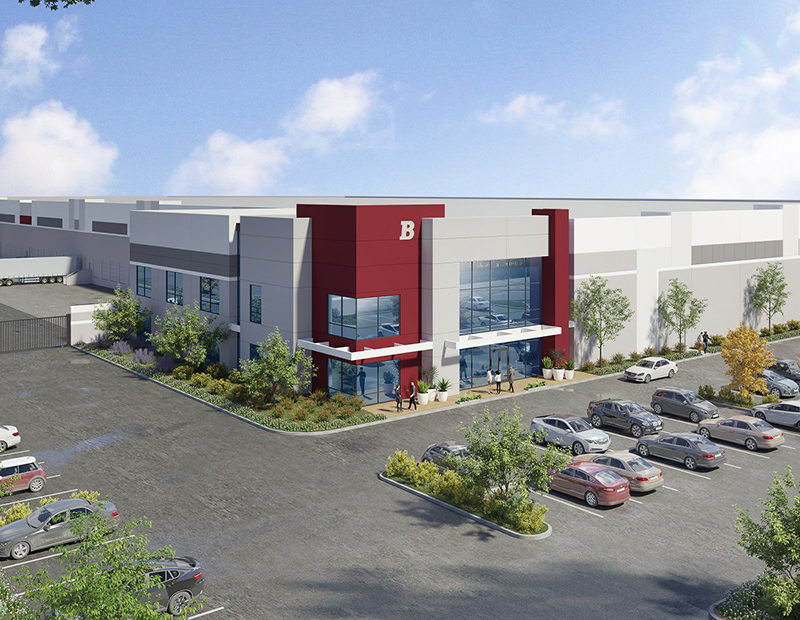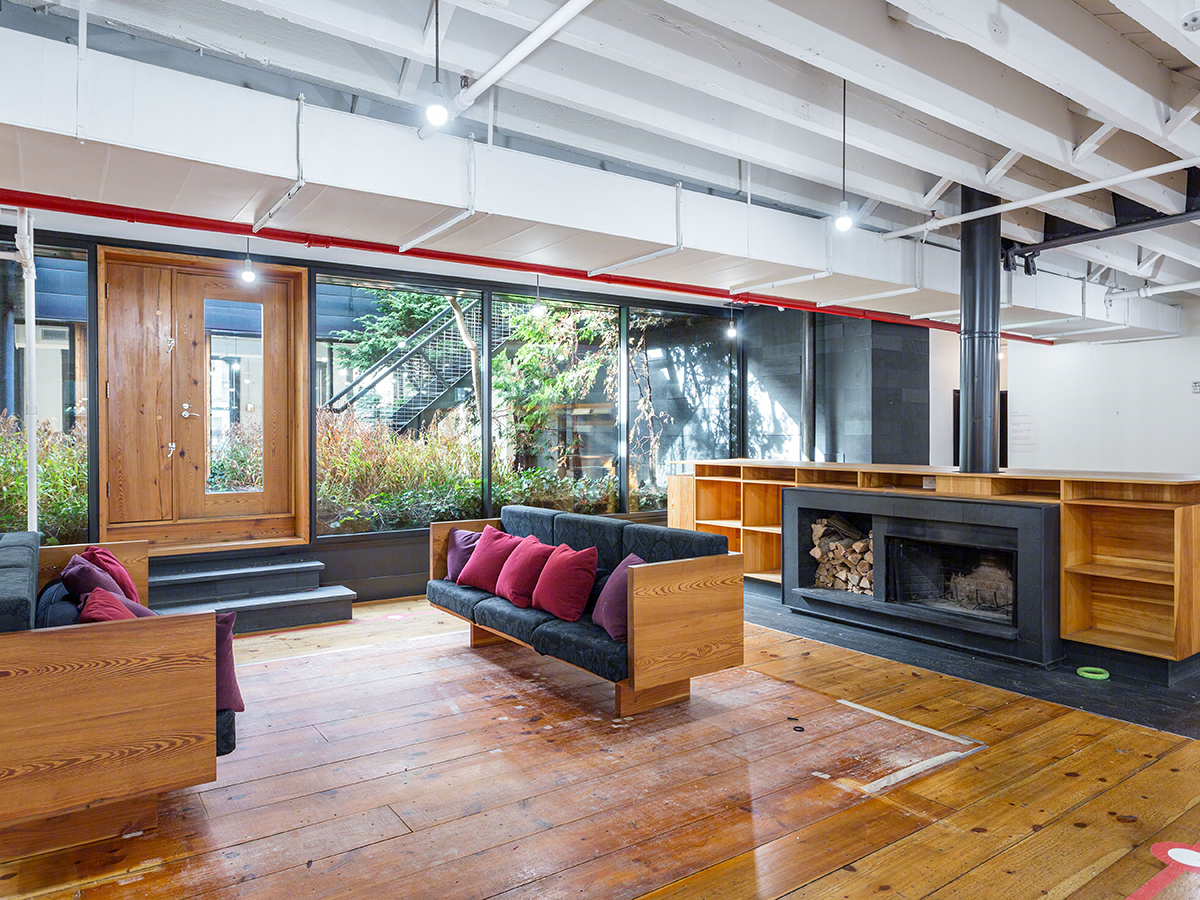DC-Focused, Union-Supported Fund Launches with $35M Initial Closing
A new real estate investment fund, which targets development projects in the Washington-Baltimore area, has raised its initial $35 million from institutional investors -- union workers.
By Scott Baltic, Contributing Editor
Develop-DC, a new real estate investment fund targeting development projects in the Washington-Baltimore region—and committed to using 100 percent union labor—has raised its initial $35 million from institutional investors, the fund’s sponsors announced Friday. Those sponsors are Regional Real Estate Investment Corp., of Plymouth Meeting, Pa., and Real Estate Capital Partners, of New York.
The fund’s investors include the International Brotherhood of Electrical Workers Local 26, the largest labor union in Washington, D.C.; the International Union of Bricklayers and Allied Craftworkers; and Independence Blue Cross of Pennsylvania, among others, along with investments from the sponsors.
Develop-DC’s target of $200 million should allow it to invest in new ground-up development or projects requiring major renovations with a total valuation of $500 million to $700 million. The fund is targeting projects valued at $30 million to $150 million each, and in the multi-family, office, hospitality and mixed-use sectors.
The initial focus will be multi-family projects, particularly those connected to transportation hubs. There are both “huge demand” from institutional investors for this type of property and “huge capital availability for our exit,” David Reiner, director of RREIC, told Commercial Property Executive.
Reiner emphasized that metro Washington is a much more diversified economy than it was 20 years ago, noting the headquarters of Hilton Worldwide in McLean, Va., and that of Volkswagen Group of America in Herndon, Va. Both headquarters relocated within the past three or four years.
The fund sponsors envision two basic types of structures for Develop-DC projects: either a straightforward mezzanine loan or an equity joint venture, probably with a local or regional, rather than national, partner, Reiner said.
RREIC has plenty of experience building with union labor, Reiner said, noting that after considering the costs of land, building materials and all the soft costs, “The delta is not nearly as large as people think.”
“There are a variety of benefits to using union labor,” he said, including fewer accidents, fewer mistakes and an increased ability to stay on schedule. Besides, Reiner said, “If you’re going to build first-class buildings, you need the best workers.”
Develop-DC will remain open for probably another year, he said, adding, “If we do a good job with this, we would like there to be follow-ups.”
Reiner explained that Develop-DC has a lot of similarities to the Delaware Valley Real Estate Investment Fund, which was founded by RREIC 12 years ago to develop CRE projects, using 100 percent union labor, in the greater Philadelphia area, with funding from Taft-Hartley retirement plans and other qualified investors.
Part of the impetus for the Delaware Valley fund, Reiner said, was the local construction unions’ desire to keep their investments within the region. Over the past dozen years, he said, that fund has invested in about 20 projects, predominantly from the ground up, but with a few repositioning projects also, and generated more than 2.5 million man-hours of labor for building and construction trades unions in the Philadelphia area.








You must be logged in to post a comment.